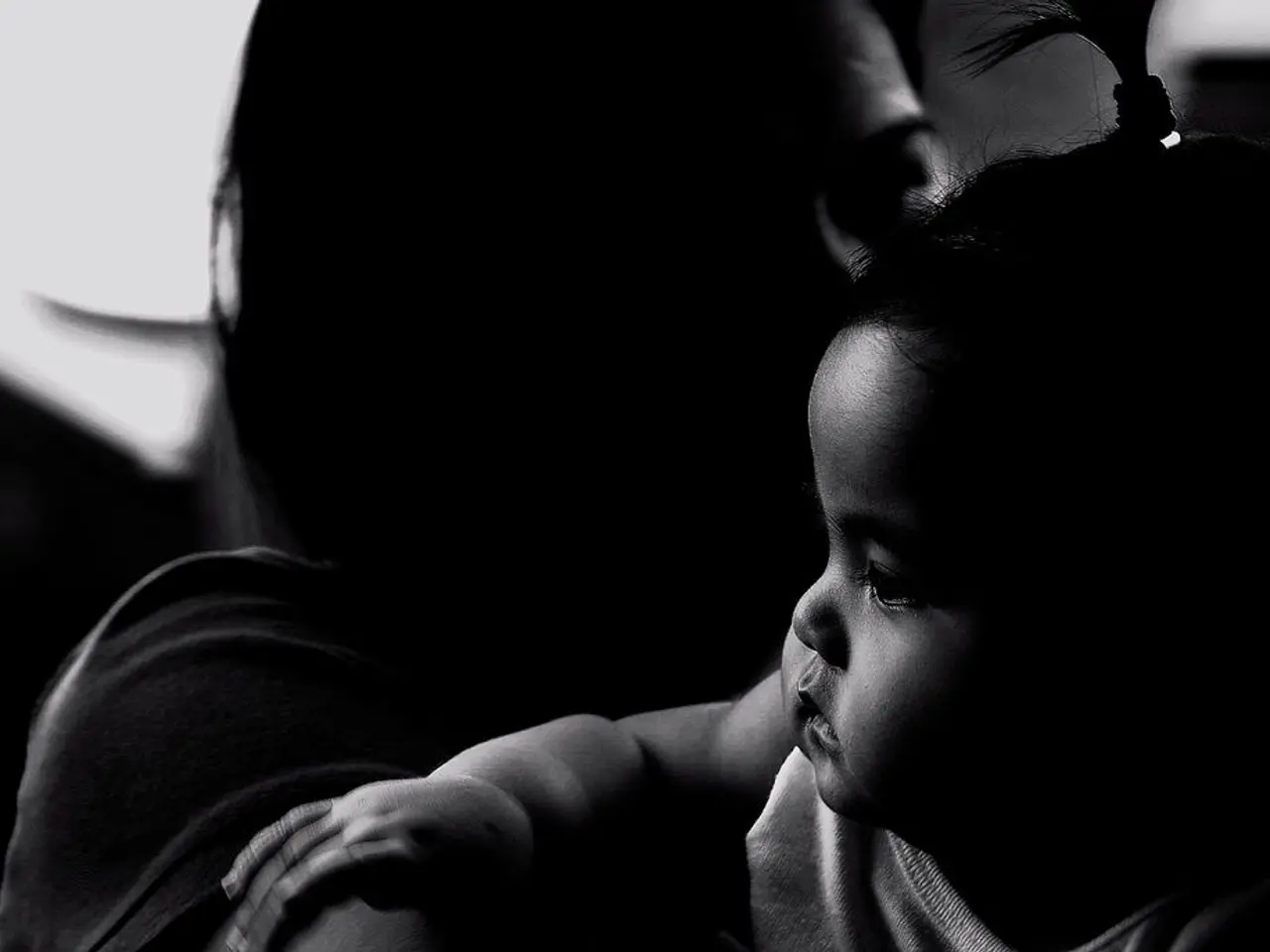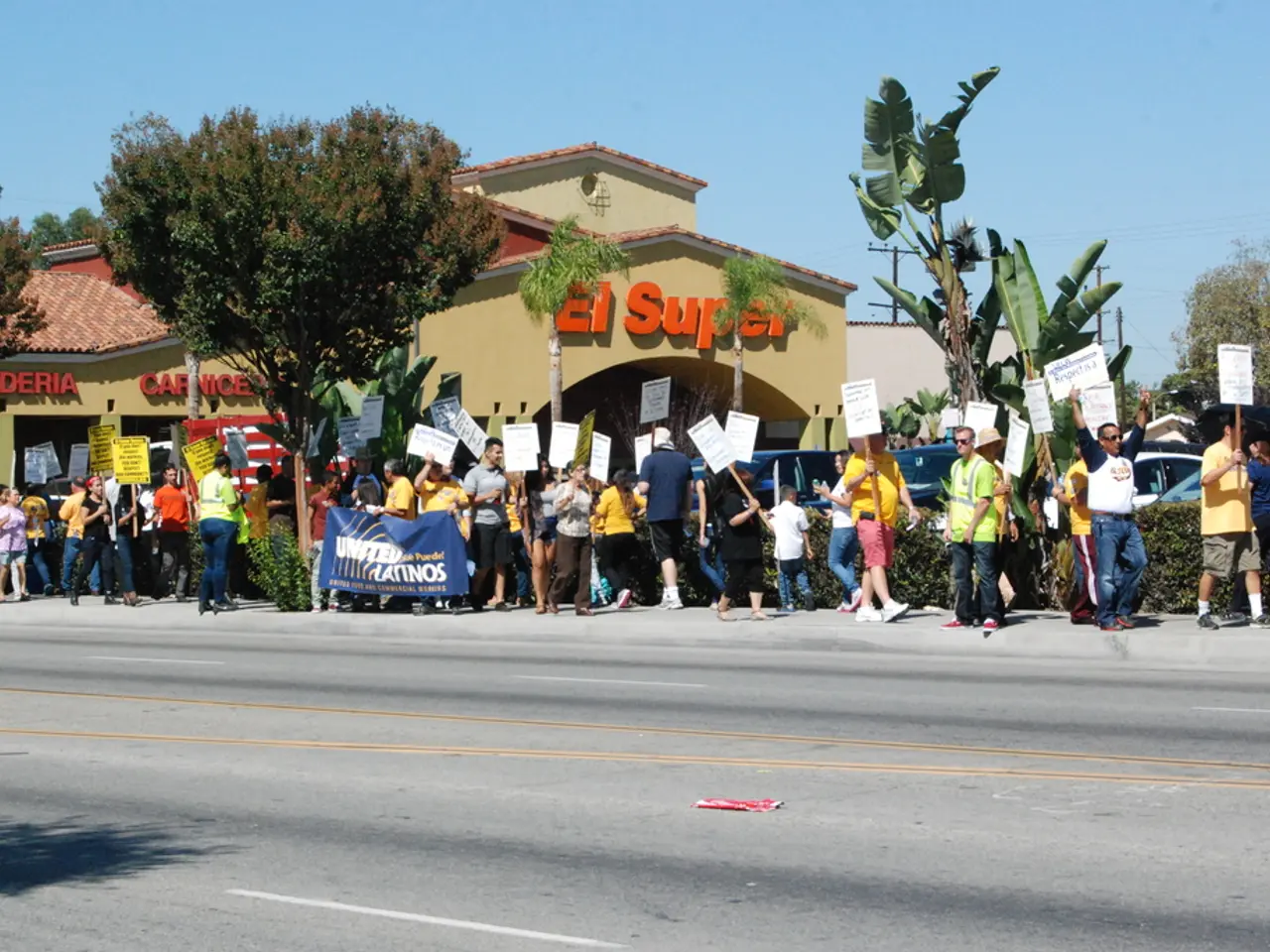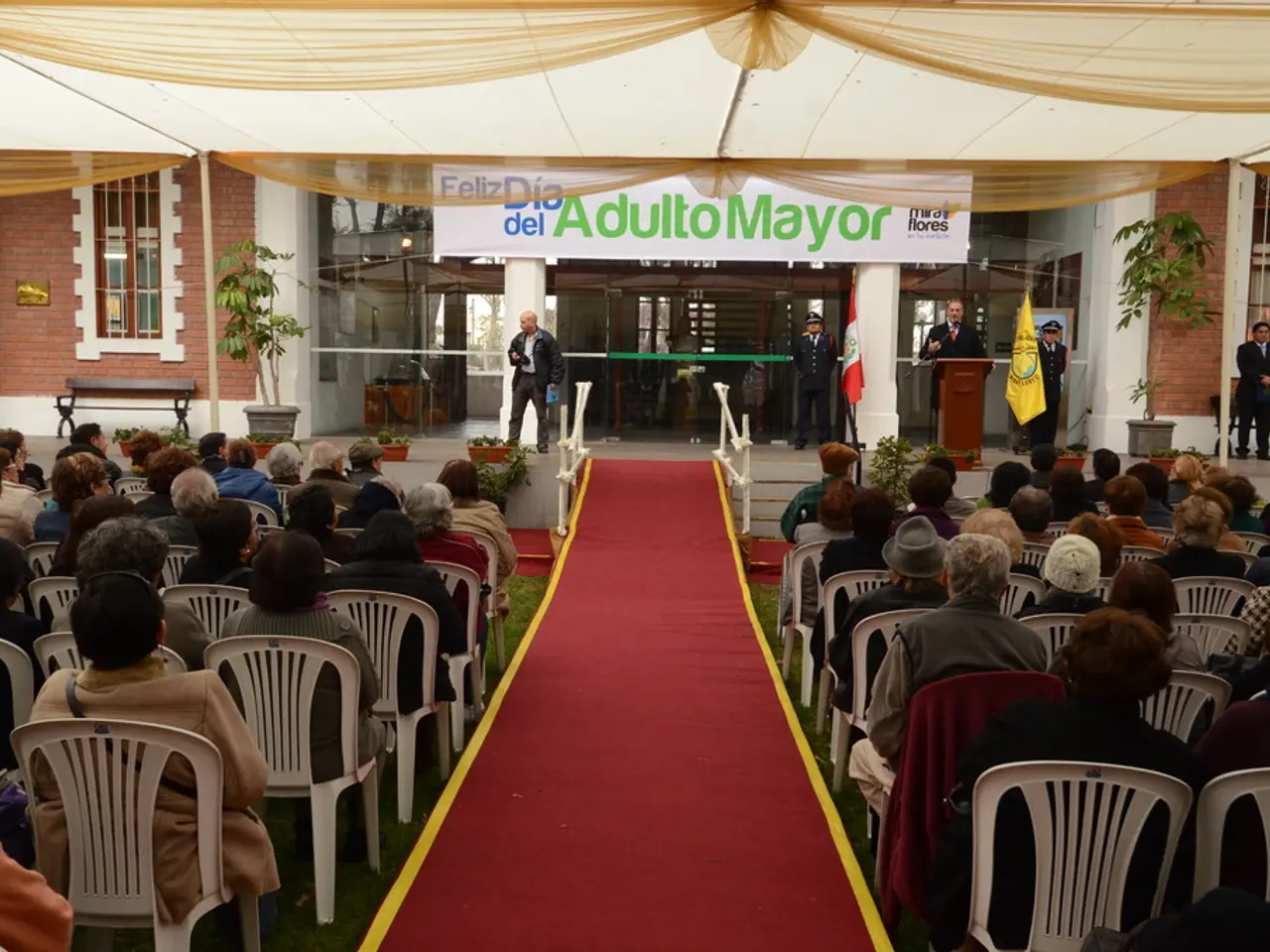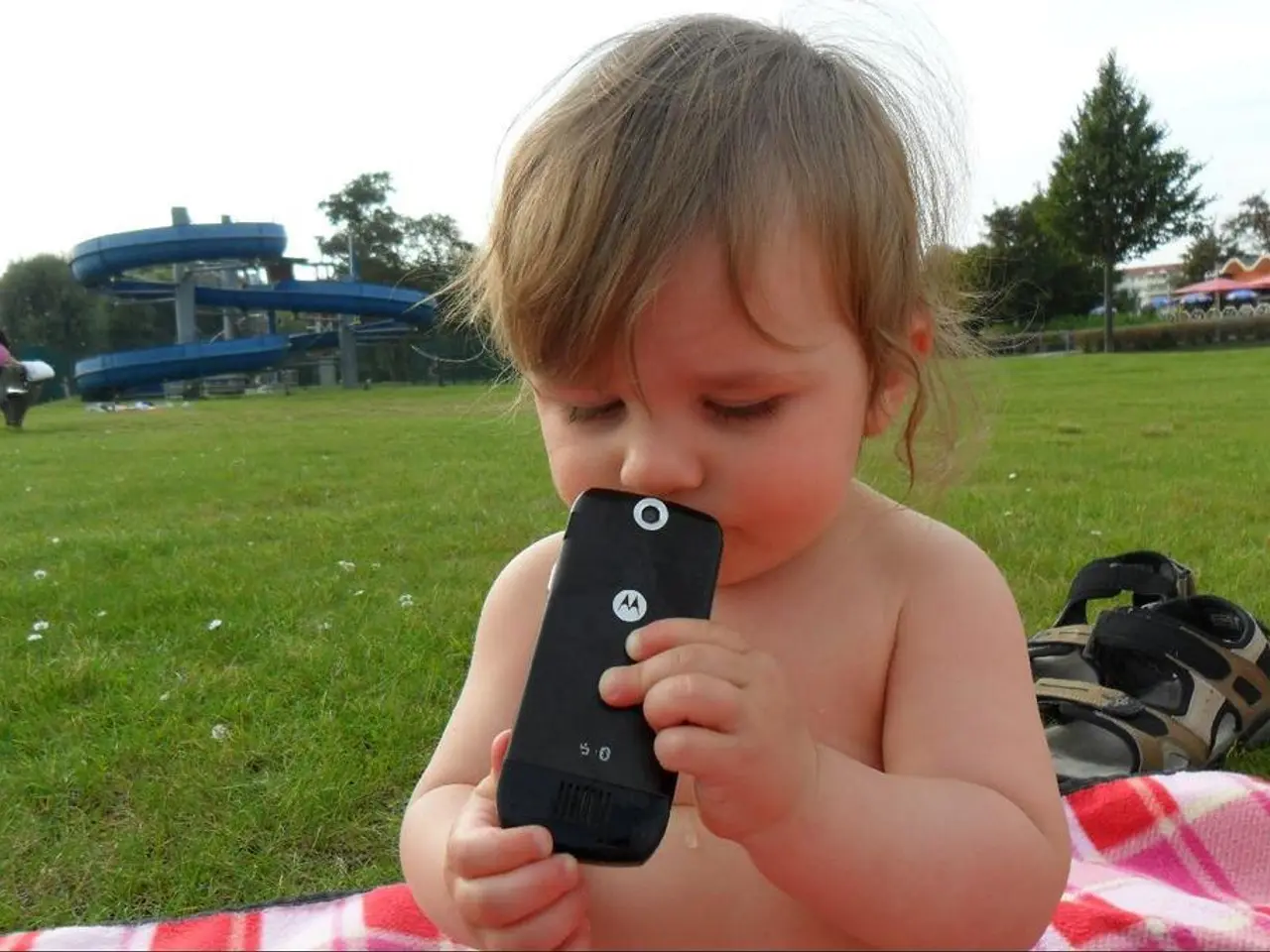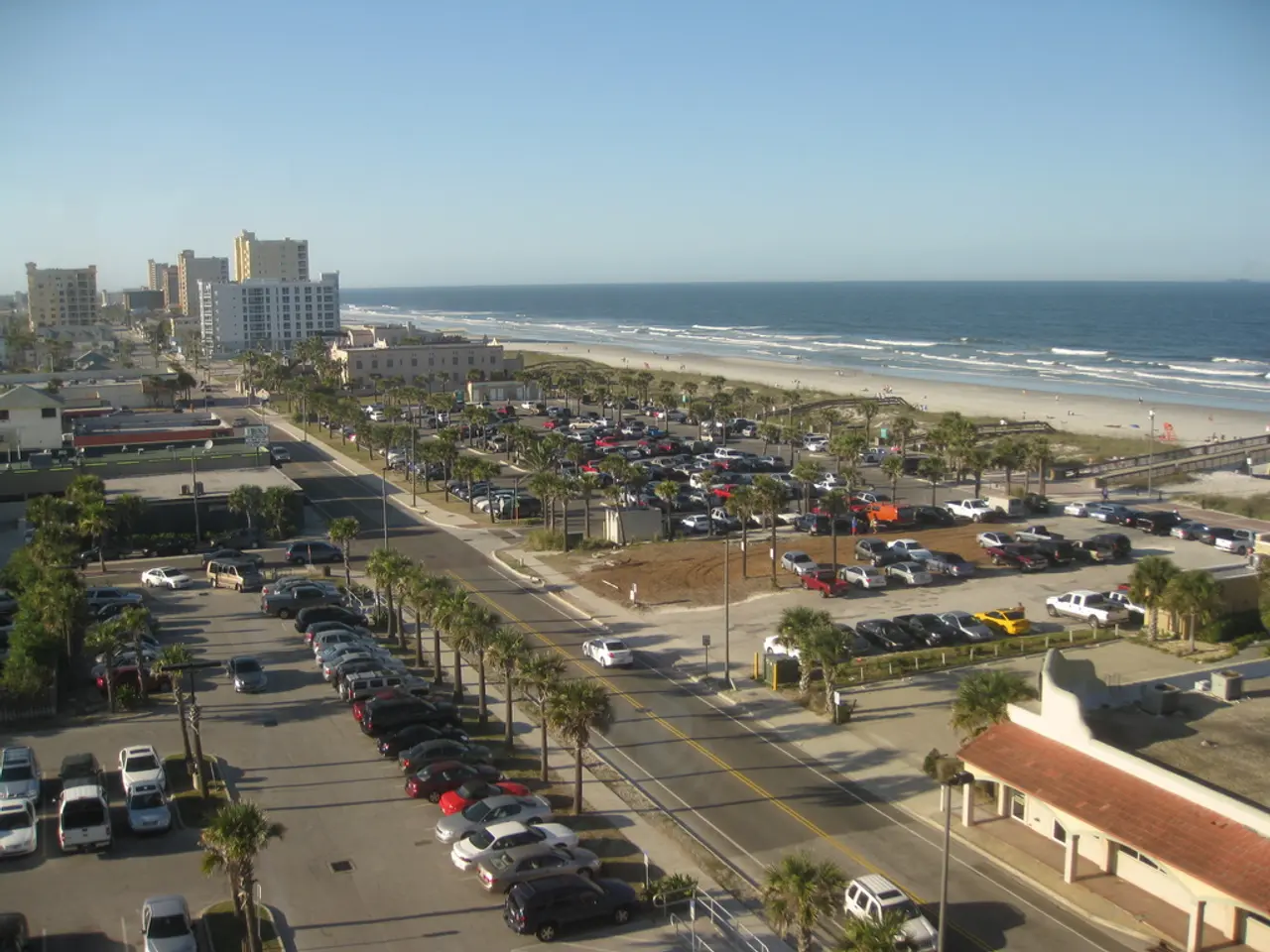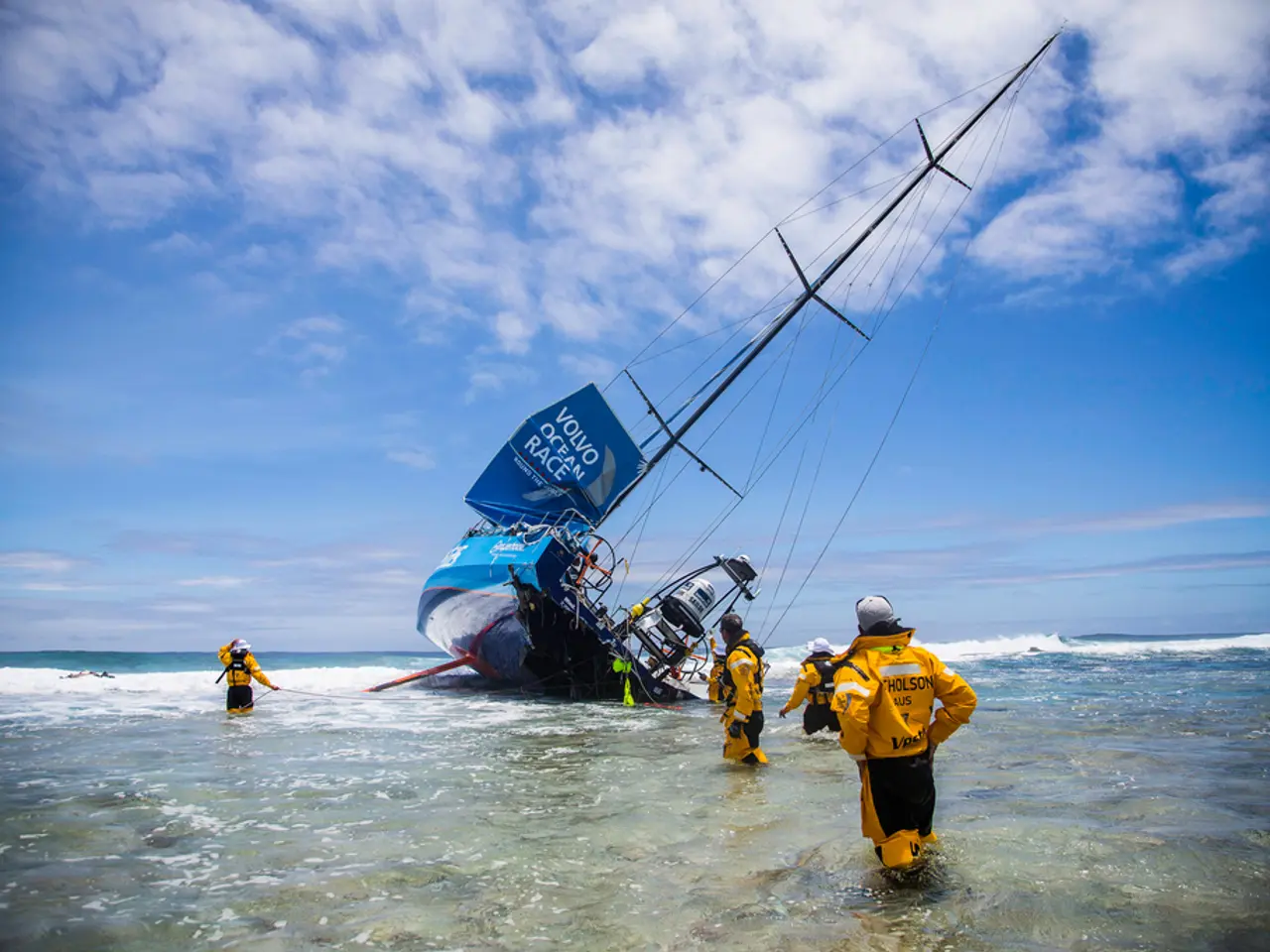In this article, the discrepancy is explored between Malta's supportive stance towards the LGBTQ+ community and its conservative approach towards abortion. The piece delves into the reasons behind this conflicting positioning in Maltese politics.
Island of Contrasts: LGBTQ+ Rights and Abortion in Malta
Stepping onto the vibrant, sun-soaked Mediterranean island of Malta, one might be assured of a progressive and liberal society. The nation boasts a reputation as one of Europe's most advanced when it comes to LGBTQ+ rights. Yet, the same island holds the bloc's strictest abortion laws. So, what gives? Let's unravel the island's peculiar logic.
In 2021, Belle de Jong, a pro-choice activist and journalist, shared her experience of having an abortion on national Maltese television, making her the first woman to do so publicly on the island. The reaction to her brave interview reflected the deep division that surrounds this aspect of healthcare on the staunchly Catholic island.
"I received hundreds of messages from Maltese women thanking me," de Jong says. "But I also received a wave of messages calling me a 'baby killer,' mostly from older people, and comments like, 'If you don't want to get pregnant, don't spread your legs,' or 'Why didn't you just use protection?'" Such hostile responses highlight the challenges women face when it comes to accessing abortion services in Malta.
Despite its progressive stance on LGBTQ+ rights, Malta criminalizes almost all terminations, making it one of the EU's most restrictive countries on the matter. Terminations are only allowed if the woman's life is at risk, a change made in 2023 following intensified scrutiny of its strict policy.
"People are afraid to Google things," de Jong explains. "So many don't know where to get the pills, for how long you can take the pills. And after a certain point, you will need to travel [for a surgical abortion], meaning you need the money for that, you need to know where to go." Moreover, she warns that you "can't tell anyone," as the fear of investigation is ever-present.
While a shadow was cast over Pride celebrations in some parts of Europe this year, Malta's slow march toward LGBTQ+ rights continues. In recent years, the island has introduced same-sex civil partnerships, marriage equality, adoption rights for same-sex couples, and self-ID for trans people. However, the pro-LGBTQ+ stance stands in stark contrast to the island's hardline abortion laws.
"The LGBTIQ rights movement has been lobbying for equal rights since 2001," says Robert Attard, Malta LGBTIQ Rights Movement's community outreach coordinator. "Once the government changed, the calls for equal rights were quite successful."
However, moving the dial on women's reproductive rights proves to be a far more daunting task on the Catholic majority island. Experts attribute the intransigence on reproductive healthcare to the "primacy of the family" in Maltese society.
"[Abortion is] very clearly seen as threatening the family," notes Prof Marceline Naudi, associate professor at the University of Malta's Department of Gender and Sexualities.
In Malta's unique social, political, and cultural landscape, LGBTQ+ rights are progressing while abortion rights are stagnating. However, there are signs of a growing conversation about the issue, and though it remains taboo and volatile, many believe that open dialogue is key to effecting change.
"The discussion surroundingMalta's politics reveals a stark contrast between its progressive stance on LGBTQ+ rights and its rigid abortion laws, as demonstrated by Belle de Jong's public interview about her abortion experience."
"The dichotomy in Malta's policies is accentuated when comparing the island's advancements in LGBTQ+ rights, such as the introduction of same-sex civil partnerships and marriage equality, with its stringent abortion laws, which many attribute to the primacy of the family in Maltese society."
